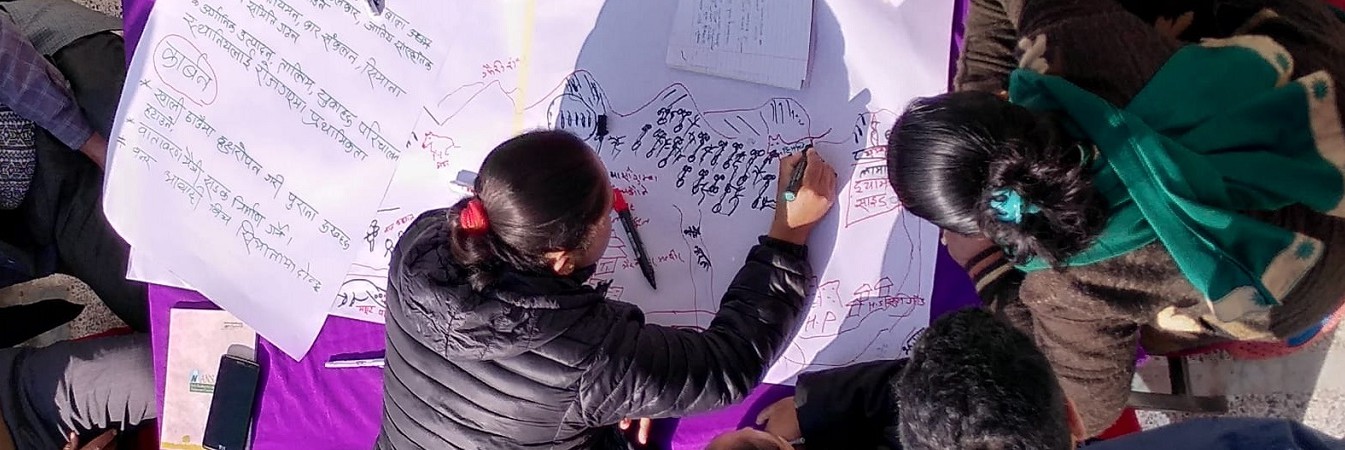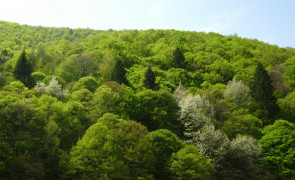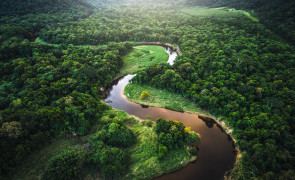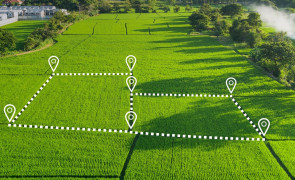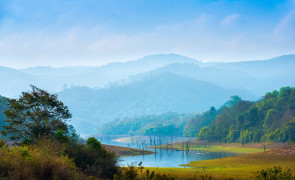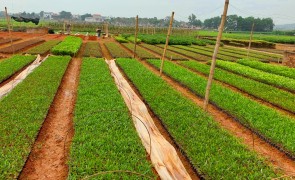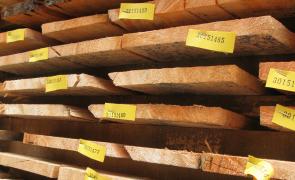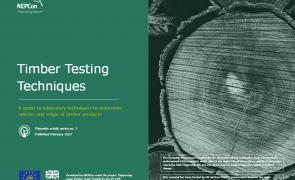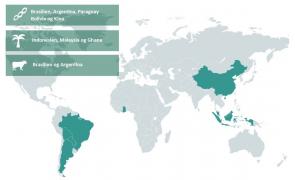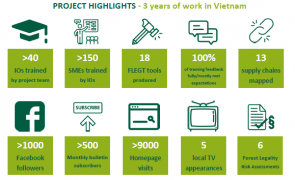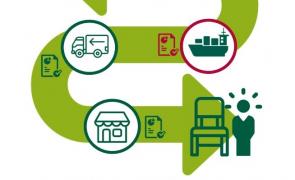The SMURF project aims to empower a multitude of beneficiaries. At its core are small forest owners, over 16 million individuals who will gain access to new tools, knowledge, and support structures to manage their land sustainably.
Deforestation is the primarily result of the expansion of agricultural land for forest risk commodities (FRCs) such as cattle, wood, palm oil, soy, cocoa, coffee and rubber. These FRCs play a significant role in driving deforestation in tropical countries and the…
In an effort to combat deforestation and promote tools which enhance global monitoring and supply chain traceability, Preferred by Nature and the Food and Agriculture Organization (FAO) have joined forces within the Forest Data Partnership. The primary objective was to establish a standardised geolocation data sharing protocol, a crucial step…
Forest ecosystems are under intense pressure from our rising population and its hunger for more land and resources. Globally, we are losing about 4.7 million hectares of tropical forest every year, often to make space for agricultural commodities (decadeonrestoration.org). Forest landscape restoration is a critical strategy for tackling this…
Forests are important in the global carbon cycle, carbon sequestration and storage. Although Vietnam increases in overall forest cover, there has been a reduction in both total hectares of natural forests and forest quality.
Project News
Copenhagen (17 March 2017) - Are you obliged by the EU Timber Regulation to set up a due diligence system to minimise the risk that you are placing timber on the market that has been harvested,…
Today, we publish the first in our new series of thematic articles on the EU Timber Regulation as part of our project ‘Support Legal Timber Trade’.
NEPCon and SEGES are now opening a case study programme that provides companies with the opportunity to identify and minimise the risks connected with sourcing palm oil, soy and beef in…
For the last three years, we have been working to support the legal timber trade in Vietnam, together with our partner SFMI, a Vietnamese NGO working on forest science and related topics.
The risk assessment process can be difficult to grasp. Different systems use different terms for risks, and understand risks in different ways – below we will try to provide a clear overview of…

